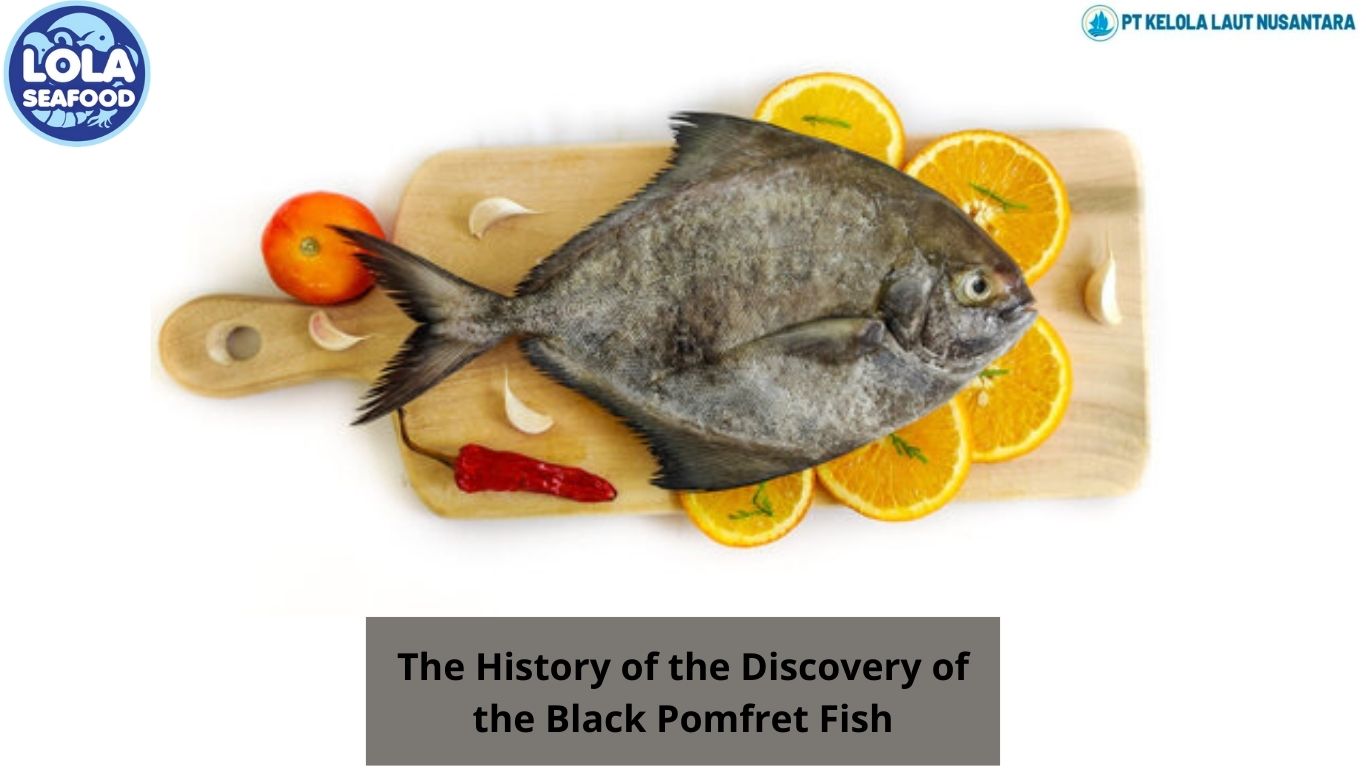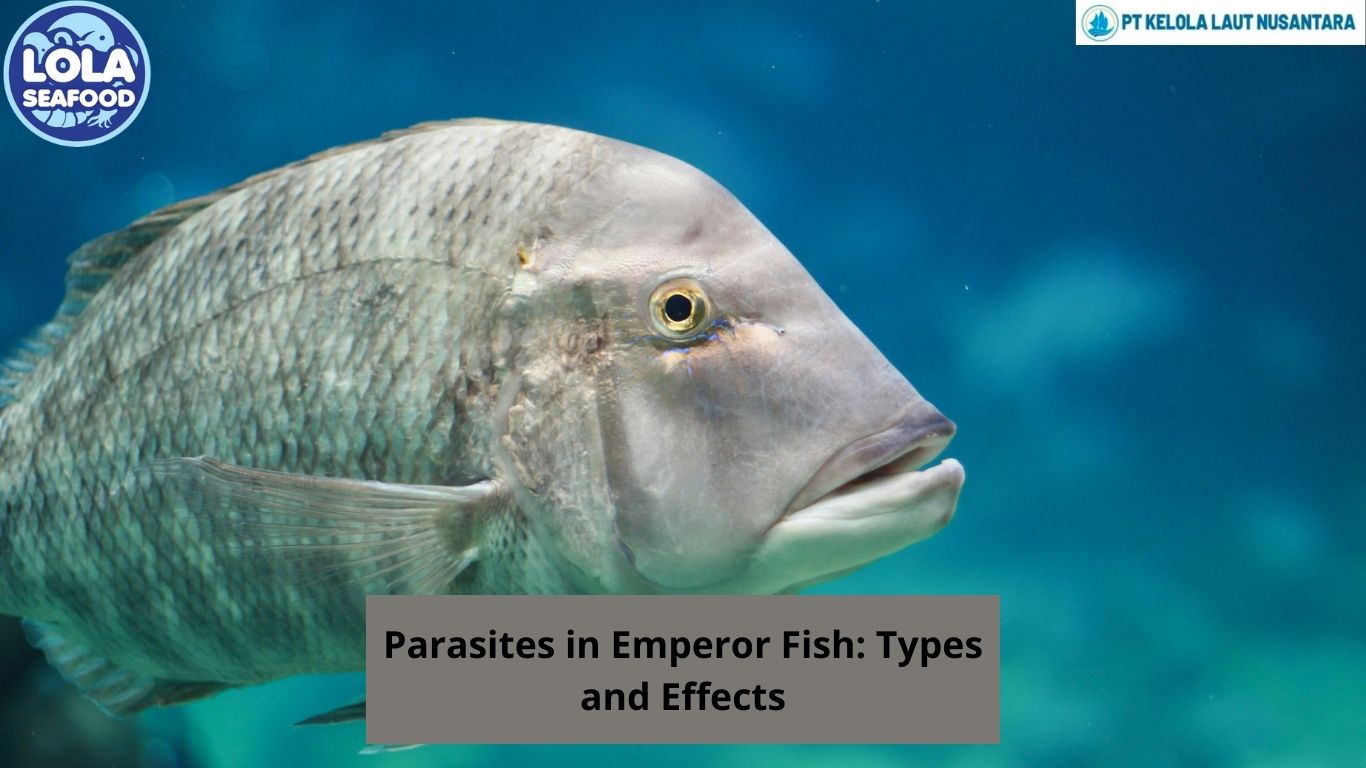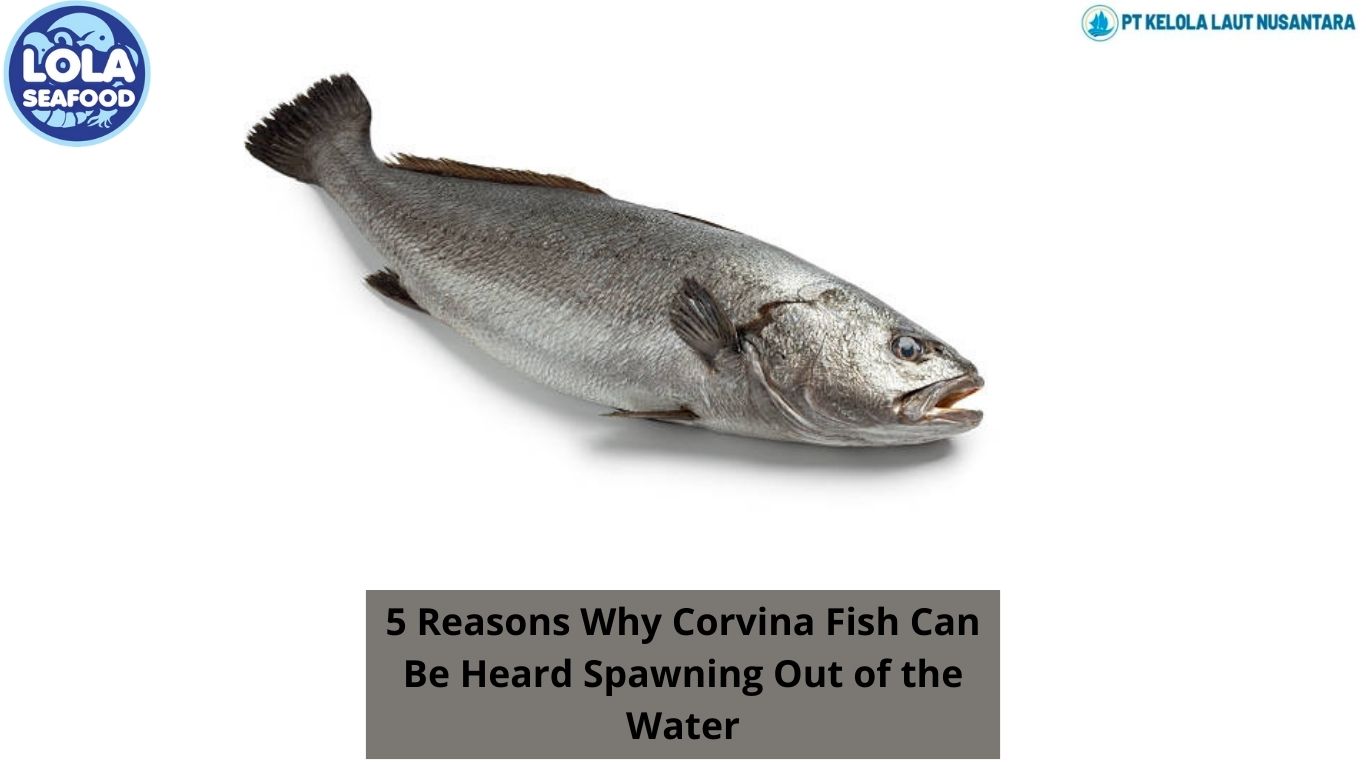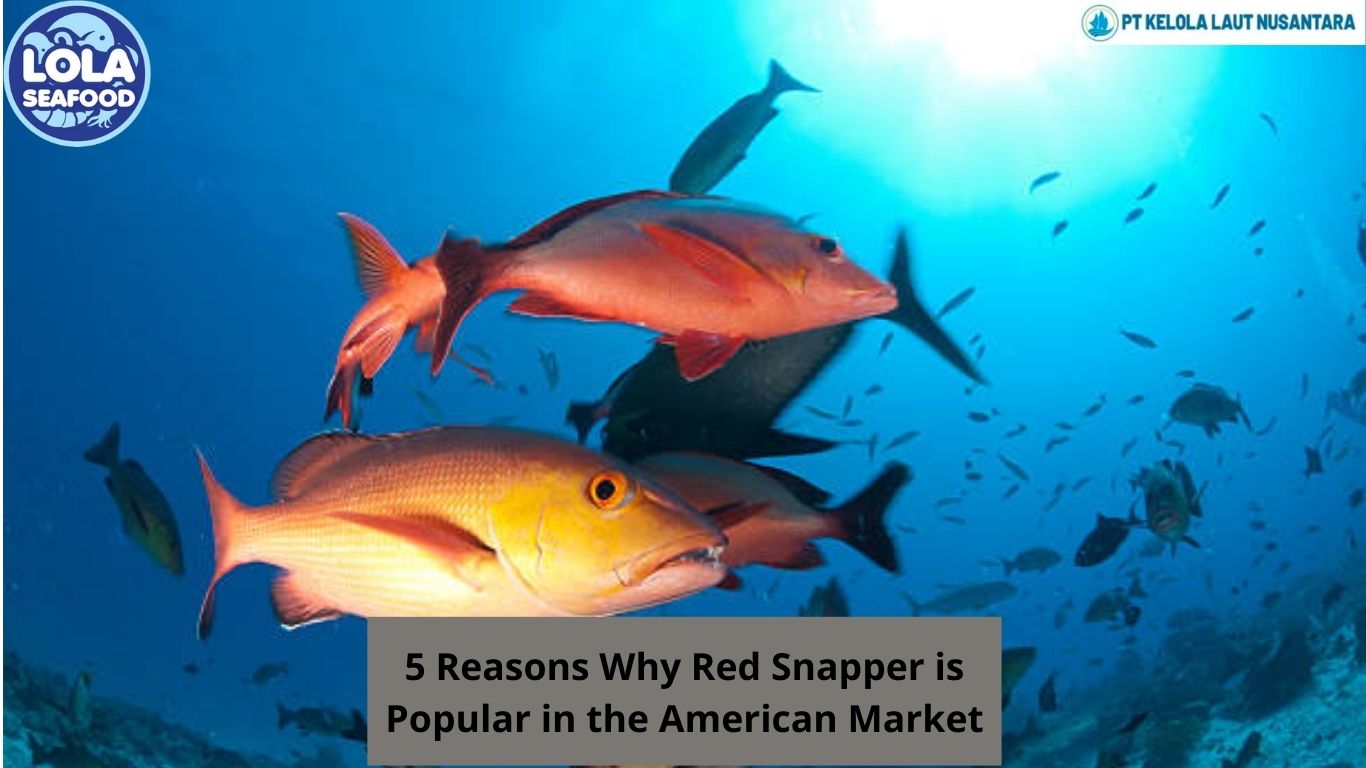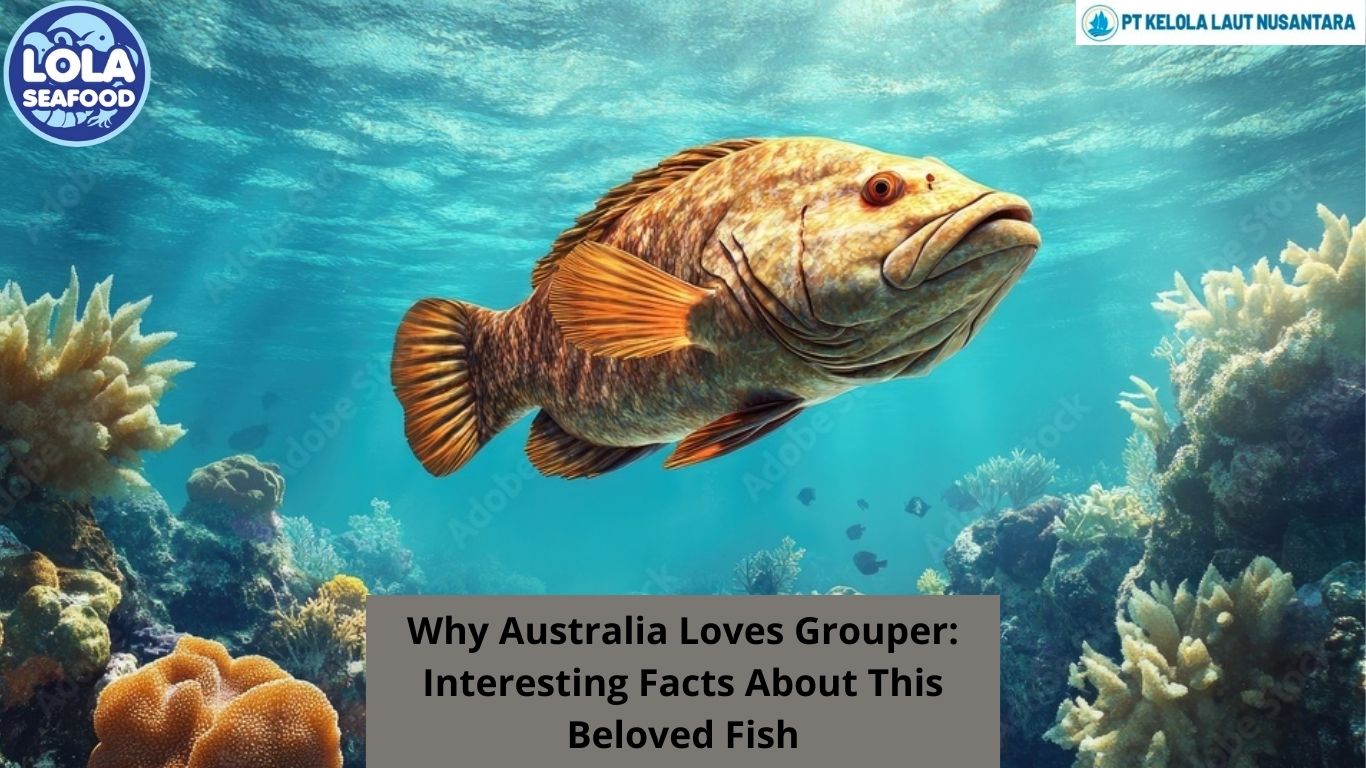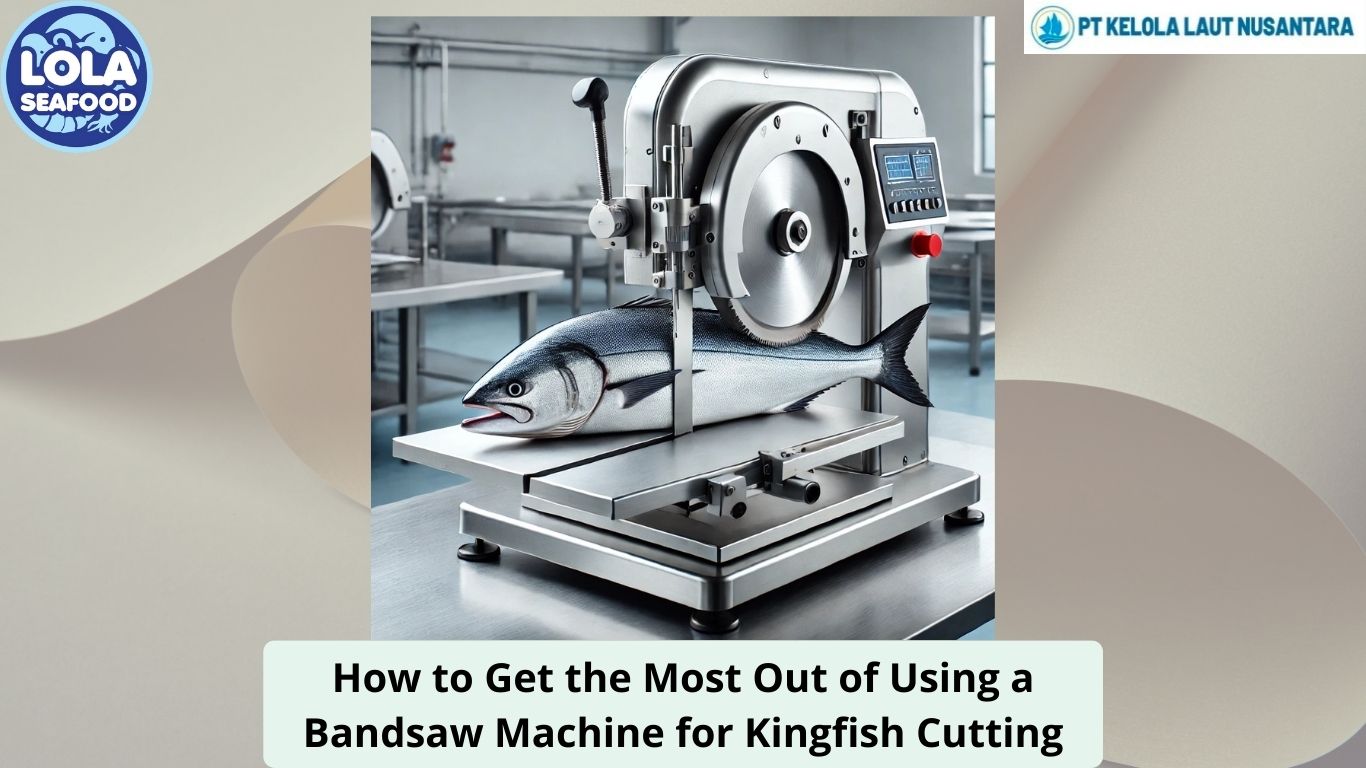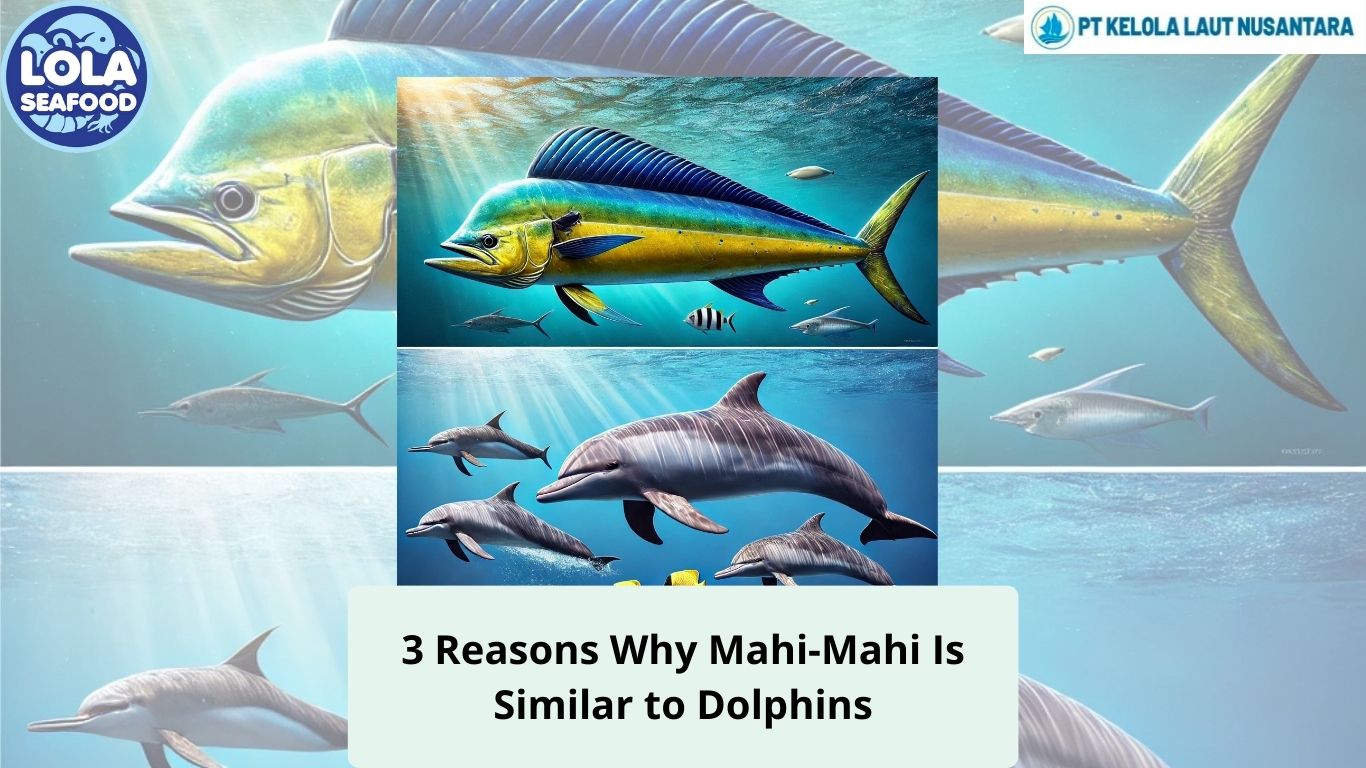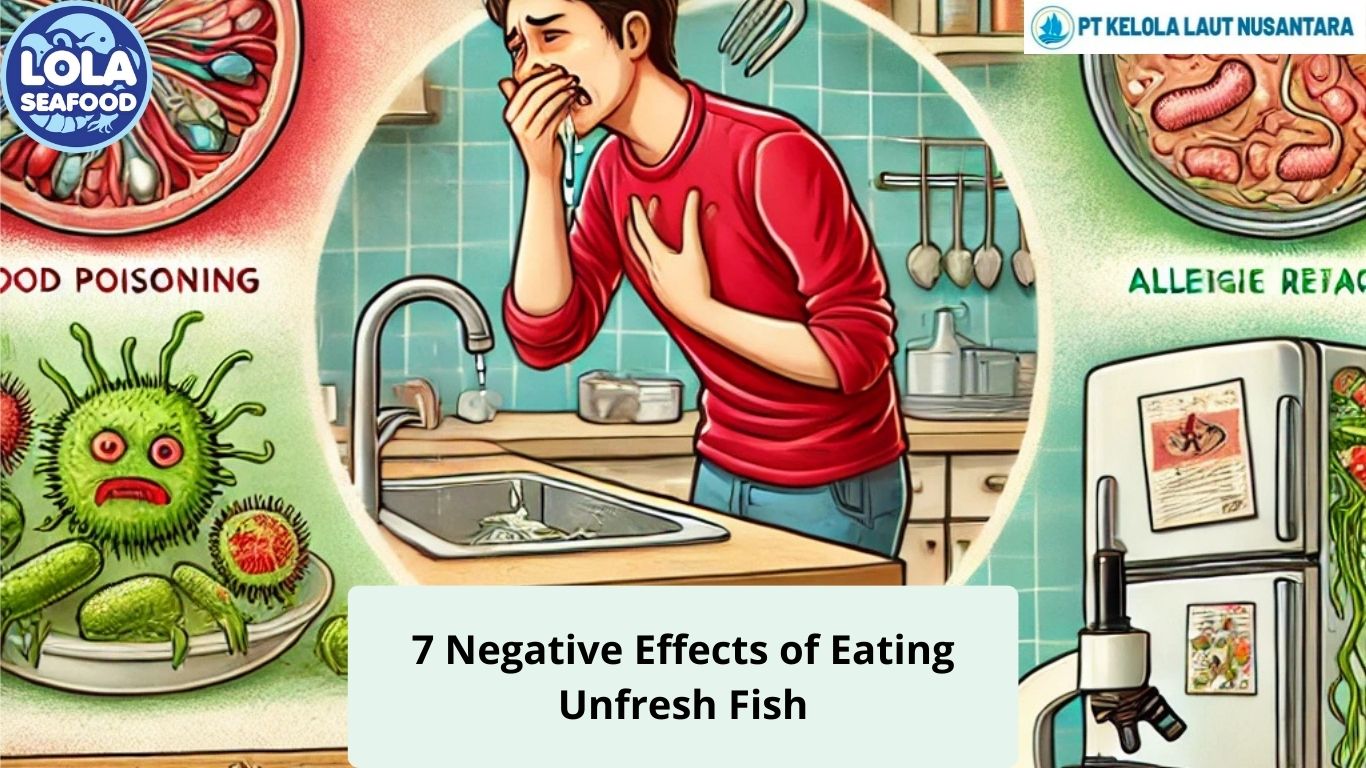Impact of Climate Change on Fish Populations
By. Wiwik Rasmini - 07 Mar 2025
kelolalaut.com Climate change is one of the biggest challenges for aquatic ecosystems worldwide. Its impact is not only felt by humans but also by fish populations that are highly dependent on aquatic environmental conditions. Several key aspects of climate change that affect fish populations include rising water temperatures, changes in ocean currents, increased carbon dioxide levels, and changes in ocean acidity levels.
1. Rising Water Temperatures The increase in sea and freshwater temperatures due to global warming can affect fish metabolism, migration patterns, and reproduction rates. Some fish species that rely on specific temperatures for spawning experience disruptions in their life cycles. Additionally, warmer temperatures can cause stress in fish and increase the risk of disease.
2. Changes in Ocean Currents Climate change affects ocean currents, impacting the distribution of nutrients in water bodies. This can disrupt the fish food chain, especially for species that depend on plankton and other small organisms as their food source. Some fish species may have to migrate further to find suitable habitats, which can result in population declines in certain areas.
3. Increased Carbon Dioxide Levels and Ocean Acidity The rise in atmospheric carbon dioxide levels not only affects global temperatures but also leads to increased ocean acidity through a process known as ocean acidification. Higher acidity can damage coral reef ecosystems and interfere with fish development during the larval stage. Species that depend on coral reefs as their habitat also face serious threats due to ecosystem degradation.
4. Decreased Oxygen Levels in Water Global warming is also linked to declining oxygen levels in water, known as hypoxia. Oxygen deficiency can cause mass fish mortality and affect fishery productivity. Some species sensitive to low oxygen levels may experience drastic population declines.
Impact on Fisheries and Food Security The decline in fish populations due to climate change can threaten food security, particularly for communities that rely on fisheries as a primary source of protein. Additionally, the fishing industry may suffer economic losses due to reduced catches and changes in fish stock distribution.
If you are interested in our cobia whole round / whole gilled gutted scaled, cobia fillet skinless and cobia fillet skin on please do not hesitate to contact us through email and/or whatsapp
